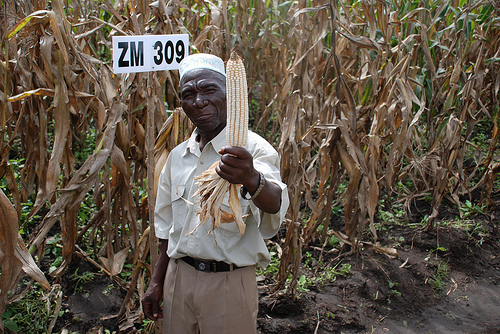Post-Revolution Tunisia: Cell Phones Become Critical English Ed Tool
 The role played by mobile phone technology in the Tunisian fight for democracy this year has been widely documented; less so, its recent democratizing force with regards to education. US State Department surveys asking how it could best be of help in post revolution Tunisia, showed an overwhelming desire for the development of education projects. Particularly, English language education.
The role played by mobile phone technology in the Tunisian fight for democracy this year has been widely documented; less so, its recent democratizing force with regards to education. US State Department surveys asking how it could best be of help in post revolution Tunisia, showed an overwhelming desire for the development of education projects. Particularly, English language education.
With a two-month course at private language centers such as the British Council or Amideast costing more than the minimum wage, English language classes are prohibitively expensive for all but the wealthiest. The State department has responded directly to this request in a variety of ways, the most innovative being Najja7ni M-English; a service that brings English education directly to mobile phones.
In conjunction with Tunisiana, Tunisia’s largest network provider, and edupartage.com, they have developed a learning platform that can be accessed by anyone with a mobile phone. And, with over six million subscribers, Tunisiana provides coverage to well over half of the Tunisian population. By dialing *136#, users have access to a large database of multiple-choice vocabulary and grammar questionnaires. The initial trial period of 90 days is provided for free and is thereafter charged at a rate of 500 millimes, or approximately 35 American cents a day.
The project’s success will be closely monitored, and should it prove to be successful, it could serve as the foundation of a wider range of projects of this kind. The short video below explains the project a bit more.
Creative Commons Love: Johnathan Lyman on Flickr.com
Written by Kirsten Downie










